
“You can’t stop the waves, but you can learn to surf.” – Jon Kabat-Zinn
Okay folks! Registration is now open for the third season of Camp Calm.
If you’re a regular reader of this blog you’ve definitely heard me mention Camp Calm, a lot, and you probably already know whether you want to do it. So if that’s you, you can register here right now.
For new or intermittent readers: a few times a year I hold a 30-day virtual workshop for learning the basics of meditation and mindful living. There’s a daily lesson via email, a short reading, and a daily practice. There’s also a forum where we chat about our experiences and help each other out.
Including everything, it requires 20-30 minutes a day, and you can split that time up if you like.
The goal is to develop a modest but consistent meditation practice that works with your schedule.
Meditation is a household word now, although it’s still a pretty fuzzy concept for most people. We don’t teach it in schools yet, although we are at the beginning of the beginning of that era.
Its typical benefits, however, are widely known now: reduced stress and anxiety, better sleep, improved confidence in social situations, greater openness to beauty and creativity, better habit management, and improved overall quality of life.
So we’re in a weird era for meditation — lots of interest but also a large number of people stuck at the “interested, but not actually doing it” stage. The goal of Camp Calm is to ease you into a daily practice, where you are actually doing it. It’s all done with short, simple sessions, removing the confusion and mysticism.
Even a modest meditation practice develops mindfulness, a skillful type of attention that you can use to bring clarity and ease to virtually any moment of your life. It’s a tool that will never cease to be useful, and will never fade with age. Meditation sharpens this tool, and also helps us cultivate other healthy qualities: wisdom, patience, confidence, and calm, to name a few.
All 30 lessons are written by me, and they’re all exclusive to Camp Calm. None of it has appeared on Raptitude or anywhere else.
Day One of camp is September 12th, 2016, and the last day is October 11th. The readings and practices are very short and you can do them according to your own schedule each day. Everything else is figured out for you.
Registration is scheduled to stay open for a week, but as I mention frequently, it sold out quickly both times and the number of spots available will be the same.
The price will also be the same as last time: $69 USD. (And as with the previous seasons, those of you who bought You Are Here are entitled to a discount, which you should have received an email about earlier. If you didn’t get it, just shoot me an email before you register to let me know.)
This is what comes with registration:
The
Orientation Booklet explains everything you need to know about how Camp works, in a few pages. All you have to do when you register is read it, and you’re set.
30 short daily lessons, which arrive by email
The digital guide
Making Things Clear: A Brief Guide for People Who Think Meditation is Hard (in PDF, epub and Kindle formats)
The digital guide
You Are Here: A Modern Person’s Guide to Living in the Present (also in all three formats)
Guided audio meditations in MP3 format
Access to the discussion forum where you can ask questions and share your experiences with other campers
Campers can also email me directly with questions at any time. I will do anything I can to help you establish a lasting practice that enriches your life.
You can download your welcome package right away. If it interests you, I hope you’ll join us.
Register for Camp Calm
***
Over 130 campers offered to leave testimonials. Here are a few:
“Huge differences! I can’t believe how much can be gained in such a short time. I feel calmer and more in control of my emotions. I can find joy at some point, each and every day no matter how mundane the day seems. It isn’t always easy to commit to regular daily practice but the benefits are worth the effort. I honestly think it has been a life changing experience!”
Kim, Manchester
***
“Much better control of my impulses/addictions. Much greater awareness of what is actually happening in the moment. Didn’t realize how much time I spent in my head ignoring what was literally right in front of me. Over time I learned to recognize the sensations going on inside my body too.”
Matt, New York
***
“I’ve been meaning to write to you to thank you. My partner and I have maintained a consistent practice ever since camp ended. We miss a day every once in a while, but always get back to meditating. I’ve also stacked a gratitude journaling habit on top, and I really believe that both are improving my happiness and tranquility.”
Laura, Boston
***
“I’ve honestly been floored by the positive difference in my general day to day life experience. I was dubious to begin with, having heard endless proponents of meditation, but never truly believing that such a simple practice could actually have a profound influence on my existence. I’ve found myself living with lessened anxiety, clearer thinking, and an overall slightly happier state of being.”
Dan, Los Angeles
***
All graphics by David Cain
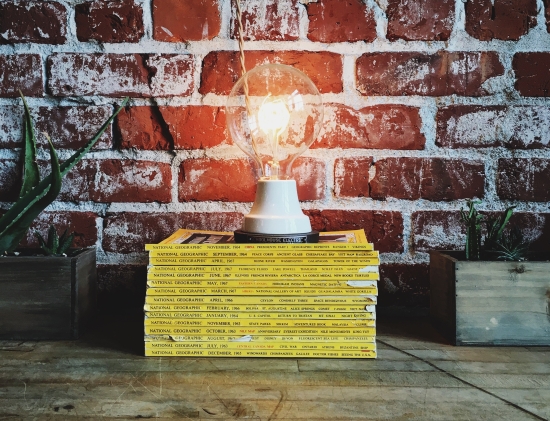
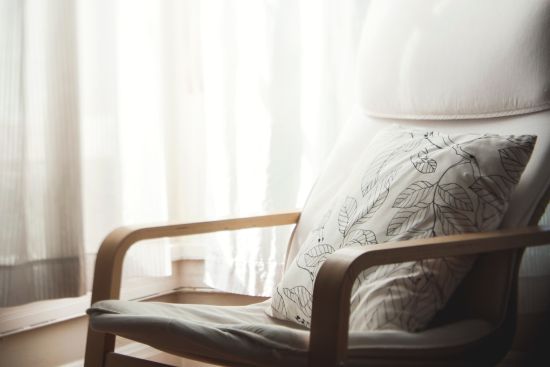
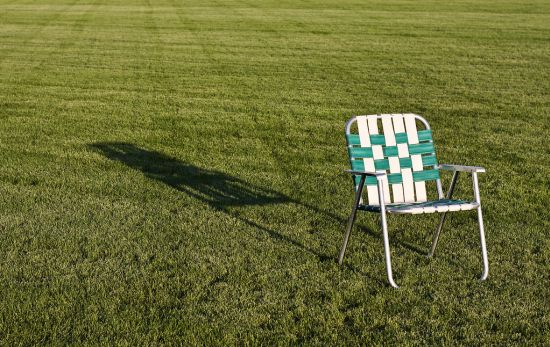


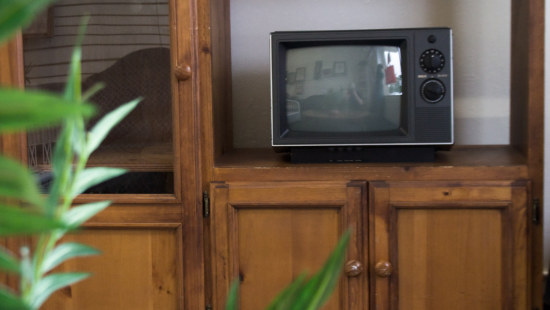

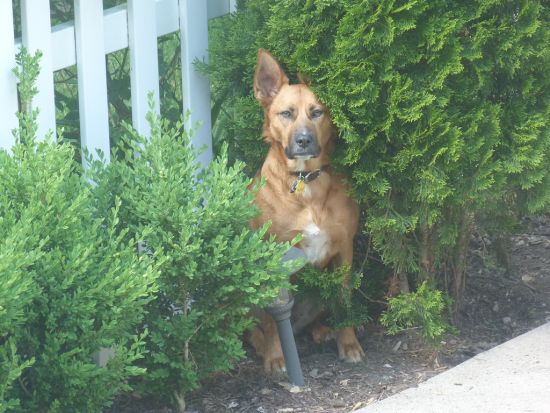


 I'm David, and Raptitude is a blog about getting better at being human -- things we can do to improve our lives today.
I'm David, and Raptitude is a blog about getting better at being human -- things we can do to improve our lives today.
I have a hunch that I'm probably one of those people who had the reverse epiphany. I quite distinctly remember getting properly into meditation not long after my second divorce. I promptly picked out a focus space for formal/sitting practice, and decided that for informal practice, I should just "feel...